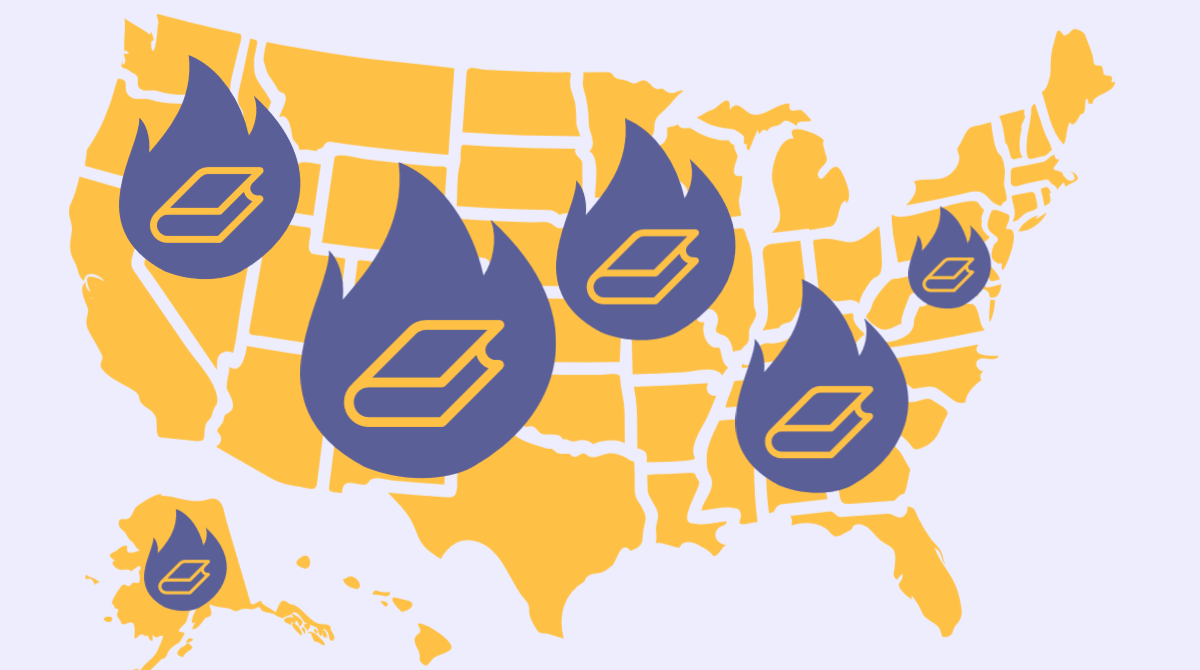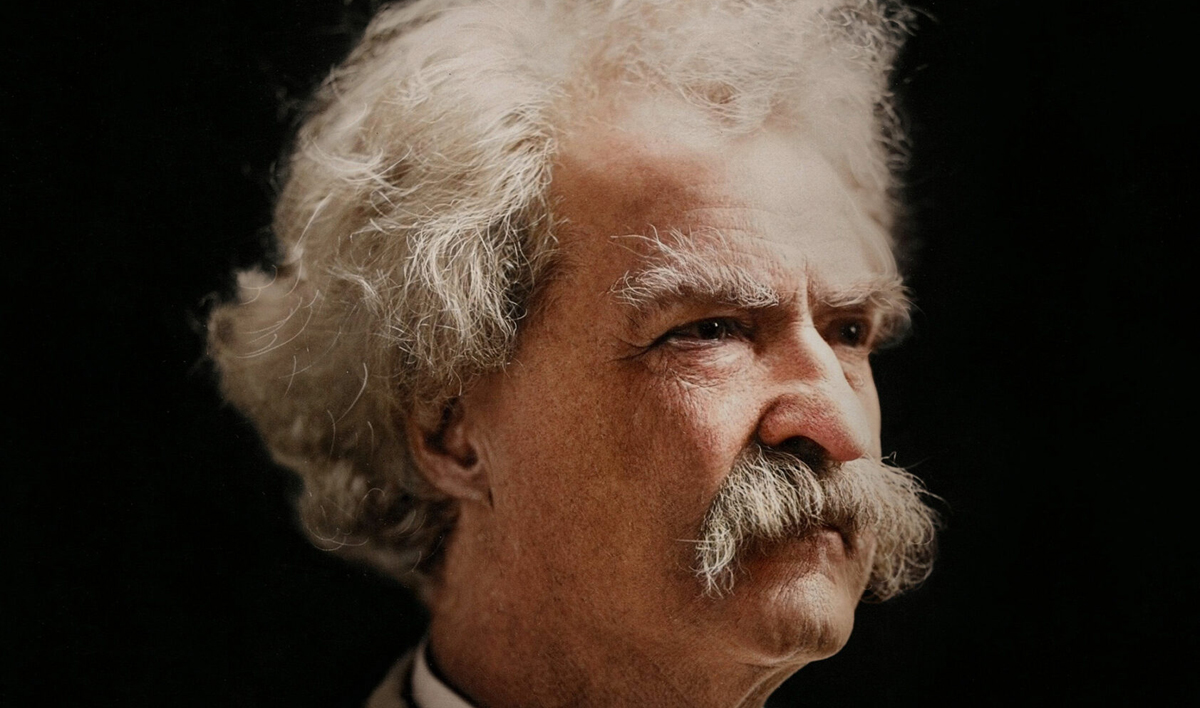Libraries and schools across the country are experiencing unprecedented levels of attempts to ban or remove books from their shelves. I Love Libraries will continue to raise awareness by highlighting attempts to censor library materials, as well as efforts by librarians, parents, students, and concerned citizens to push back against them. This report includes news from Florida, Illinois, and Connecticut.
Florida school district sued for violating first amendment rights with book bans
Advocacy group PEN America, publisher Penguin Random House, and parents have filed a lawsuit against Escambia County (Fla.) School District for implementing bans on books discussing race, racism, and LGBTQ+ identities, reports The Guardian. The suit argues that the removal and restriction of access to books violates the First Amendment.
“Looking at the landscape of what is happening and recognizing Escambia County, in particular, and its efforts to restrict and remove these books – it is time now to challenge this for the unconstitutional act that it is,” said Nadine Farid Johnson, the managing director of PEN America Washington and Free Expression Programs.
Among the books restricted and banned by Escambia County School District are The Bluest Eye by Toni Morrison, The Perks of Being a Wallflower by Stephen Chbosky, And Tango Makes Three by Justin Richardson and Peter Parnell, and All Boys Aren’t Blue by George M Johnson.
Parents file a police report after teacher offers LGBTQ-themed book to her middle schoolers
A middle school teacher in Illinois had the police called on her in March by a parent for offering Juno Dawson’s This Book Is Gay to her students, reports NBC News. Dawson’s bestselling nonfiction book is billed by its publisher as an entertaining and informative “instruction manual” for anyone coming out as lesbian, gay, bisexual or trans.
The teacher, Sarah Bonner, taught at Heyworth Community Unit School District 4 in Heyworth, Illinois, and has 20 years of experience. The day after she learned about the police report, she received a letter from her school district that she had been placed on paid administrative leave. She has since resigned.
“Book sanctuary” opens in all branches of Florida library system
Broward County (Fla.) Library System (BCLS) has created a section called “book sanctuary” at each of its 36 branches, reports Tap Into Coconut Creek. The library says that the sanctuary is where “endangered stories will be protected and made accessible for exploration or checkout.”
“As director of Broward County Library, a vital part of my mission is to ensure that the freedom to read is not compromised,” BCLS director Allison Grubbs said. “The right to think, speak and learn freely are foundational values in our democracy and in our libraries.”
Broward County libraries join more than 2,000 book sanctuaries across the nation.
Connecticut school board deadlocks on whether to limit access to two books
The Newtown (Conn.) Board of Education was deadlocked, with a 3-to-3 vote on May 16, on whether or not to restrict access to two graphic novels in the high school library, reports the Hartford Courant. The books in question were Flamer by Mike Curato and Blankets by Craig Thompson.
The meeting at Newtown High School, which drew protestors who rallied against book banning, was the latest in a series of meetings about the books. In March, one resident objected to Flamer, which has been in the high school library for about a year. Later, more residents objected to Flamer, and one person objected to Blankets, which has been in the school library since 2013.
At the May 16 meeting, the board discussed putting age restrictions on the books. Three Republicans favored restrictions, with three Democrats opposing. One board member was absent, resulting in a tie. The books will be discussed again at a future meeting.
Take action
Alarmed by the escalating attempts to censor books? Here are five steps you can take now to protect the freedom to read.
1. Follow news and social media in your community and state to keep apprised of organizations working to censor library or school materials.2. Show up for library workers at school or library board meetings and speak as a library advocate and community stakeholder who supports a parent’s right to restrict reading materials for their own child but not for all
3. Help provide a safety net for library professionals as they defend intellectual freedom in their communities by giving to the LeRoy C. Merritt Humanitarian Fund.
4. Educate friends, neighbors, and family members about censorship and how it harms communities. Share information from Banned Books Week.
5. Join the Unite Against Book Bans movement to learn what you can do to defend the freedom to read in your community.




